Training a puppy is one of the most rewarding experiences for a dog owner. It's not just about obedience; it's about building a bond, understanding each other, and ensuring your pup grows into a well-mannered and well-adjusted adult dog. A structured training schedule plays a pivotal role in this journey, laying down a foundation of trust, understanding, and discipline.
Understanding Puppy Developmental Stages
Just like humans, dogs go through different developmental stages. Recognizing these can help you tailor your approach:
- Neonatal (0-2 weeks): Mainly about sleeping and nursing.
- Transitional (2-4 weeks): Eyes open, first steps are taken.
- Socialization (4-12 weeks): Critical period for exposure to new experiences.
- Juvenile (3-6 months): Teething begins, and energy levels increase.
- Adolescence (6-18 months): Testing boundaries, increased independence.
- Adulthood (18 months onwards): Fully grown, but might still act puppy-like.
Importance of Positive Reinforcement:
Always focus on reinforcing good behavior rather than punishing negative behavior. Dogs respond best to positive reinforcement like treats, praise, and play.
Socialization is Key:
Expose your puppy to various environments, people, animals, and sounds, especially during their socialization phase. This ensures they grow up to be well-rounded and adaptable.
Patience and Consistency:
Training a puppy requires a lot of patience. There will be days of regression, but the key is to remain consistent in your approach.
Adaptability:
Every dog is different. While one training method might work for one puppy, it might not work for another. Be adaptable in your training methods, but always be gentle and understanding.
Health Check:
Regular vet check-ups are essential. Sometimes, behavioral issues can be a result of underlying health problems. It's always good to rule that out.
Mental Stimulation:
Apart from physical exercise, dogs need mental stimulation. Toys, puzzles, and learning new tricks can keep them mentally engaged. A puppy subscription box from WoofCrate is an excellent way to provide your pup with a monthly surprise of toys, treats, and more! These curated boxes are designed to offer variety and excitement, ensuring that your puppy remains curious and stimulated. Plus, if you're on the lookout for quality treats, toys, keepsakes like puppy portraits, and more, check out the WoofCrate shop.

Weeks 8-10: Early Training and Socialization
Housebreaking:
Introducing a potty schedule is the first step in housebreaking. Set up regular intervals for your puppy to relieve themselves, such as after meals, first thing in the morning, and last thing at night. Remember, at this age, a puppy's bladder is small, so frequent bathroom breaks are essential.
Basic Commands:
Start with simple commands like "Sit," "Stay," and "Come." Use treats and positive reinforcement when they obey. Keep sessions short and positive, typically 5-10 minutes, to retain the puppy's attention.
Socialization:
Expose your puppy to various sounds, sights, and experiences around the house. Let them explore different rooms, encounter household noises, and get used to the daily rhythm of the home.
Tip:
Puppies at this age have short attention spans. Keep training sessions brief and filled with positive reinforcement.
Summary:
During these early weeks, your primary goals are:
-
Establishing a routine for potty breaks.
-
Introducing and reinforcing basic commands.
-
Gently expanding the puppy's world through controlled exploration of their immediate environment.

Weeks 11-14: Building on Basics and Introducing New Commands
Crate Training:Introduce your puppy to their crate. This will be their safe haven. Initially, they might be hesitant, so make it comfortable with blankets and toys. Start with short periods and gradually increase the time they spend in their crate. Remember, the crate should never be used as punishment.
Walking on a Leash:
Before hitting the sidewalks, let your puppy get accustomed to wearing a collar or harness inside. Once they're comfortable, introduce the leash. Begin with short walks around the yard, gradually extending the distance as they get used to it.
Commands:
Now's the time to introduce "Down" and "Leave it." Remember, patience is vital. Use treats and praise as positive reinforcement. If they don’t get it immediately, take a break and try again later.
Tip:
This age is perfect for socializing your pup. Introduce them to other vaccinated dogs, different types of people, and various environments. This will help in making them more adaptable and less fearful as they grow.
Summary:
During these weeks, your focus should be on:
- Making the crate a positive and safe space.
- Establishing good leash manners.
- Introducing and reinforcing new commands.
- Broadening their horizons through increased social interactions.

Weeks 15-18: Refinement and Advanced Skills
Reinforce Basics:Consistency is vital. Ensure that you're still practicing the basic commands daily. Your puppy might test boundaries during this phase, so firm, consistent training is essential.
Advanced Commands:
Start teaching commands like "Heel," "Off," and "Place." As these are more complex, they might require more patience and repetition.
Biting & Chewing:
Puppies, especially during their teething phase, will try to bite and chew on almost anything. Offer them toys or chews (like those from WoofCrate) to keep them occupied. It's essential to teach them the difference between toys and non-toys.
Social Skills:
Enroll your puppy in a puppy class or group training session. This not only teaches them essential skills but also exposes them to different dogs and people, enhancing their social skills.
Tip:
The "adolescent" phase begins around this time. Like teenagers, puppies might become more stubborn. Stick with your training, and consider seeking professional assistance if needed.
Summary:
In these weeks, you should emphasize:
- Refining and consistently practicing previously taught commands.
- Introducing them to more advanced commands.
- Addressing any biting and chewing tendencies with appropriate outlets.
- Enhancing their social skills in diverse environments.
Weeks 19-24: Establishing Independence and Tackling Challenges
Solidify Commands:
Your pup is growing and so is their understanding. Continue practicing all the commands you've taught so far. Repetition and consistency are key to ensuring that these commands are ingrained.
Off-Leash Training:
In a controlled environment, practice recall and other commands with your dog off the leash. Always prioritize safety; ensure you're in a fenced area and away from any potential dangers.
Handling Distractions:
Your dog's world is expanding, and they'll encounter numerous distractions. Train them to focus on you despite these distractions. Use high-value treats and practice commands in diverse environments.
Address Unwanted Behaviors:
If your dog exhibits behaviors like excessive barking, digging, or any other unwanted habits, address them now. Identify triggers and work on redirection.
Tip:
Always end training sessions on a positive note. If a session becomes particularly challenging, revert to a command your dog knows well and end with praise.
Summary:
During these weeks, your goals should include:
- Mastery of both basic and advanced commands.
- Starting off-leash training in safe environments.
- Teaching your dog to maintain focus amidst distractions.
- Proactively addressing and correcting any unwanted behaviors.
Weeks 25-32: Maturing and Strengthening Bonds
Advanced Off-Leash Training:
As your dog becomes more reliable with recall and commands, you can venture into more complex off-leash exercises. Always prioritize safety and be mindful of surroundings.
Strengthening Recall:
Your pup's world is vast, and distractions are numerous. Practice recall in different environments, ensuring your dog comes to you every time you call, regardless of distractions.
Establish Routines:
By now, your dog should have a consistent feeding, sleeping, and playtime routine. This predictability will help reduce anxiety and behavioral problems.
Build Endurance:
Extend play sessions and walks to build your dog's endurance. It's also a great time to introduce games like fetch or frisbee that require more extended focus and energy.
Tip:
As your puppy matures, ensure you're still offering them new experiences and social interactions. This continuous exposure will help keep them well-rounded and adaptable.
Summary:
In these concluding weeks, you should focus on:
- Perfecting off-leash commands and behavior.
- Ensuring flawless recall amidst all distractions.
- Firmly establishing daily routines.
- Engaging in more extended play and exercise sessions to build stamina.
By the end of this eight-month training schedule, you'll have a dog that's not only well-trained but also bonded closely with you. Remember, training doesn't stop here; continuous reinforcement and learning new tricks or commands can keep your dog mentally stimulated throughout their life.
Laying the Foundation for a Lifetime of Companionship
Training your puppy is about so much more than just teaching them commands or curbing undesirable behaviors. It's a journey that helps in forging an unbreakable bond between you and your furry companion. As with any relationship, it demands patience, understanding, consistency, and love.
By following a structured training schedule, you not only ensure that your dog grows into a well-adjusted adult but also lay the foundation for trust and mutual respect. And remember, every challenge faced, every command mastered, and every playful interaction only strengthens the bond you share.
While the initial months might require more effort and attention, the rewards — a loyal, loving, and well-behaved companion — are more than worth it. So, cherish each moment, celebrate the milestones, and embrace the journey of raising a puppy. After all, these formative months will set the tone for the many wonderful years to come. And as you cherish each moment, consider commemorating those milestones with keepsakes like puppy portraits, because the cute puppy you see today will eventually be all grown up!
FAQ
What age should a puppy be fully trained?
Most puppies can be considered "fully trained" between 1 to 2 years of age. However, basic obedience and house training can often be achieved by 6 months to a year. Remember that every puppy is different and may progress at their own pace. Continued reinforcement of training throughout a dog's life is important for maintaining good behavior.
What training should I do with my puppy every day?
Most puppies can be considered "fully trained" between 1 to 2 years of age. However, basic obedience and house training can often be achieved by 6 months to a year. Remember that every puppy is different and may progress at their own pace. Continued reinforcement of training throughout a dog's life is important for maintaining good behavior.
What age should a puppy be fully trained?
Daily puppy training should focus on:
- House training (potty training)
- Basic obedience commands (sit, stay, come, lie down)
- Leash training
- Socialization with people and other animals
- Bite inhibition (teaching them to be gentle with their mouth)
- Crate training
How many hours a day should I train my puppy?
Rather than long training sessions, aim for multiple short sessions throughout the day, totaling about 15-20 minutes. Puppies have short attention spans, so 3-5 minute sessions, 3-5 times a day, are often most effective. As your puppy grows and their attention span increases, you can gradually extend the length of training sessions.
How long does it take to fully house train a puppy?
On average, it takes 4-6 months to fully house train a puppy, but it can take up to a year for some dogs to be completely reliable. Factors that influence the duration include:
- The breed and size of your puppy
- Consistency in your training approach
- Your puppy's individual personality and learning speed
- The environment and schedule you maintain
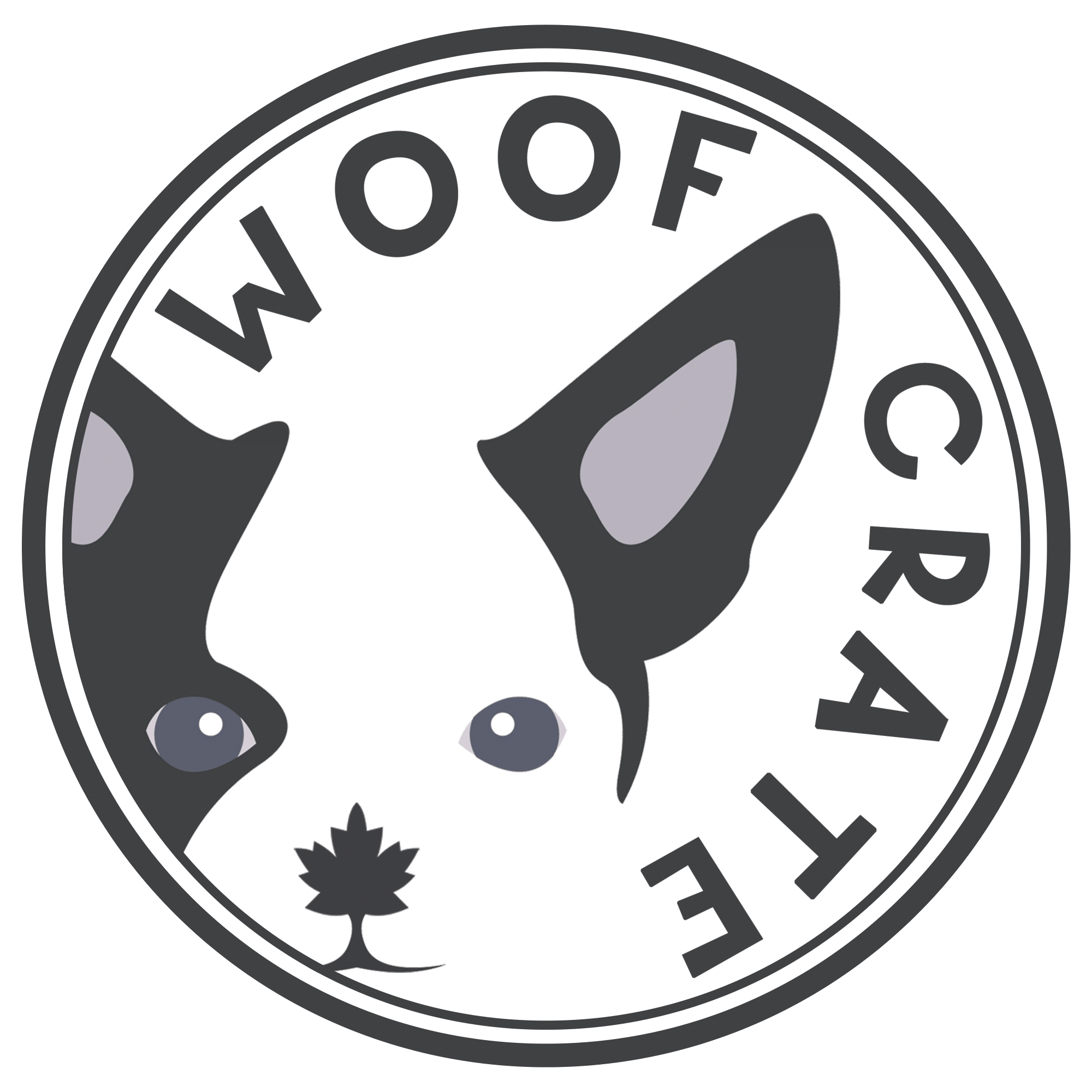
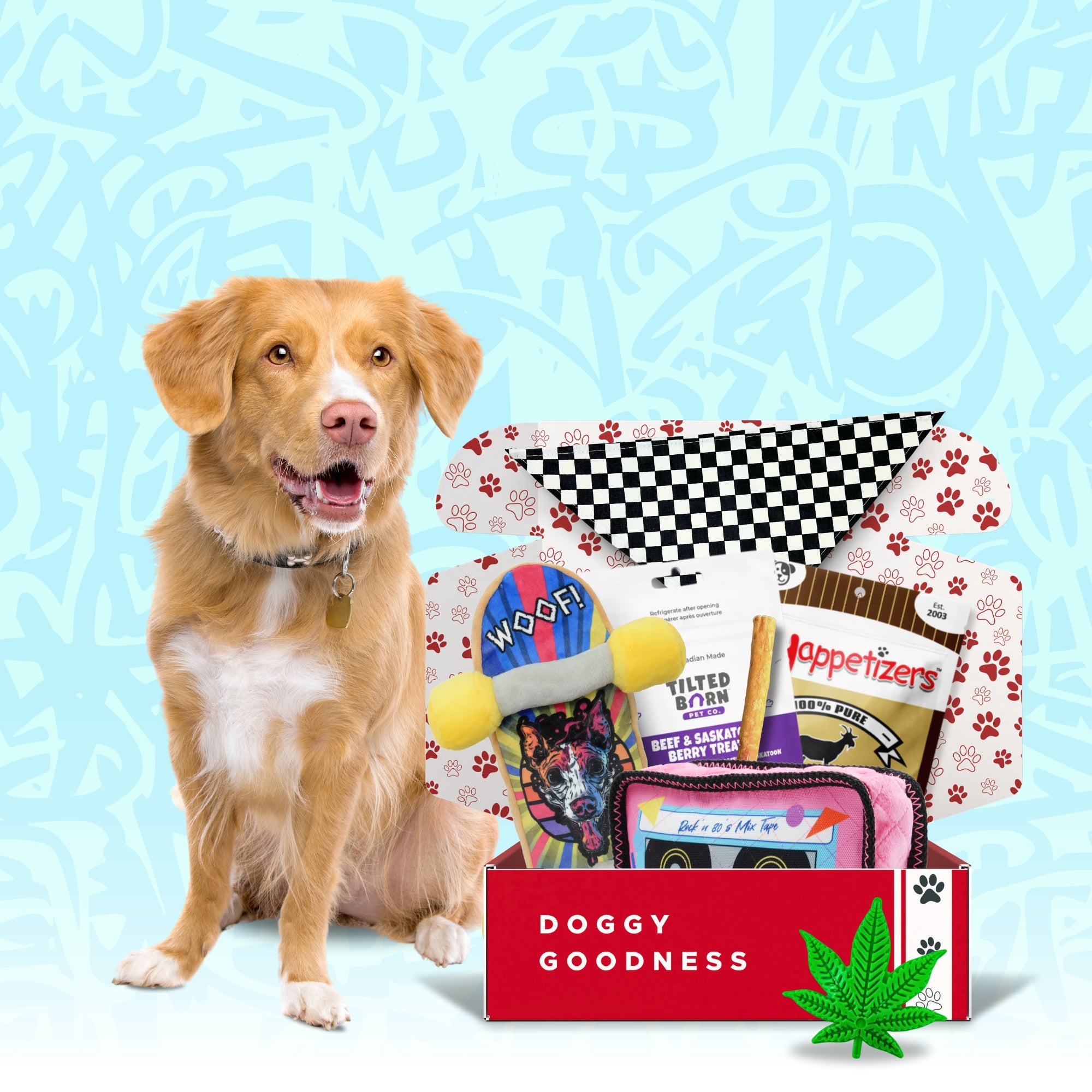
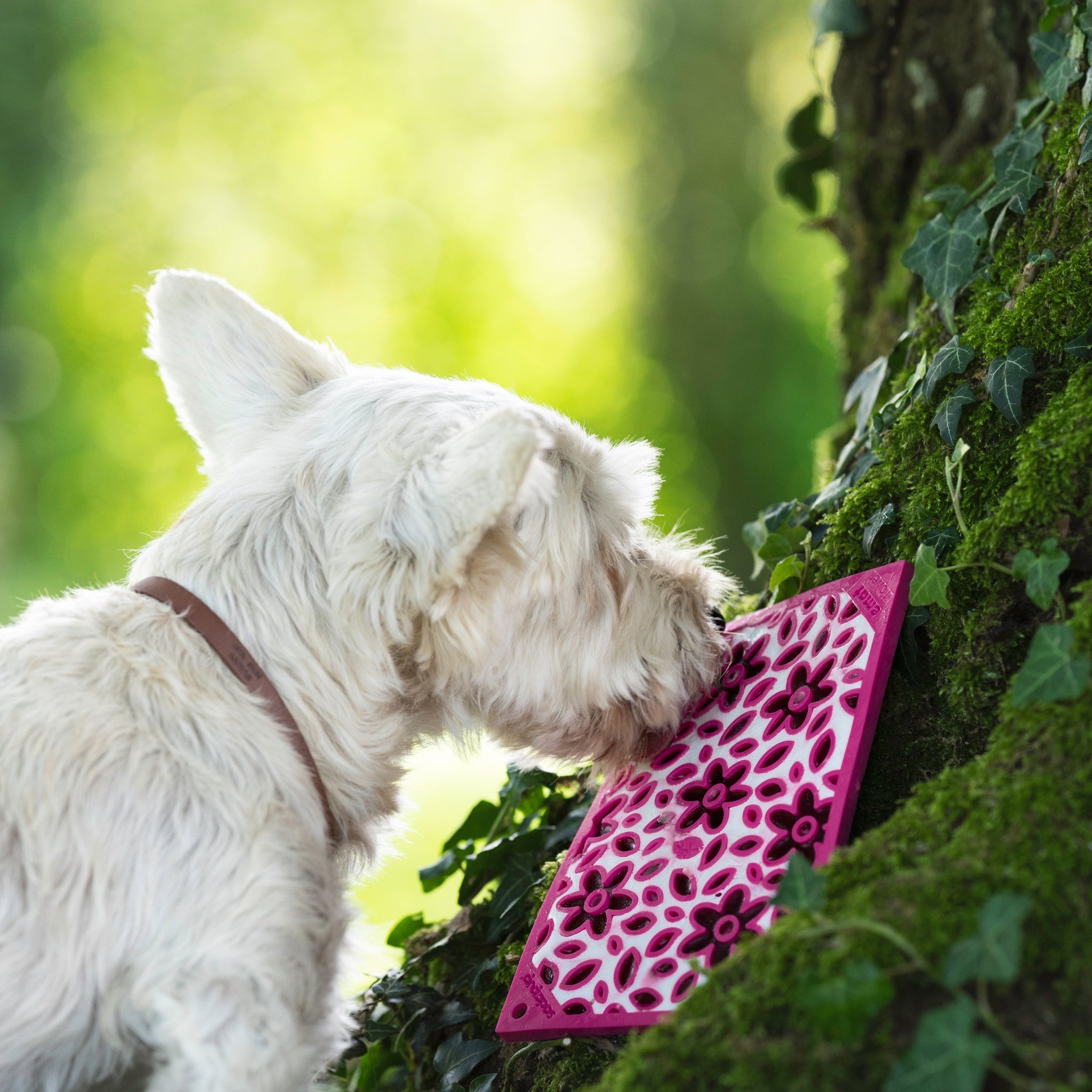
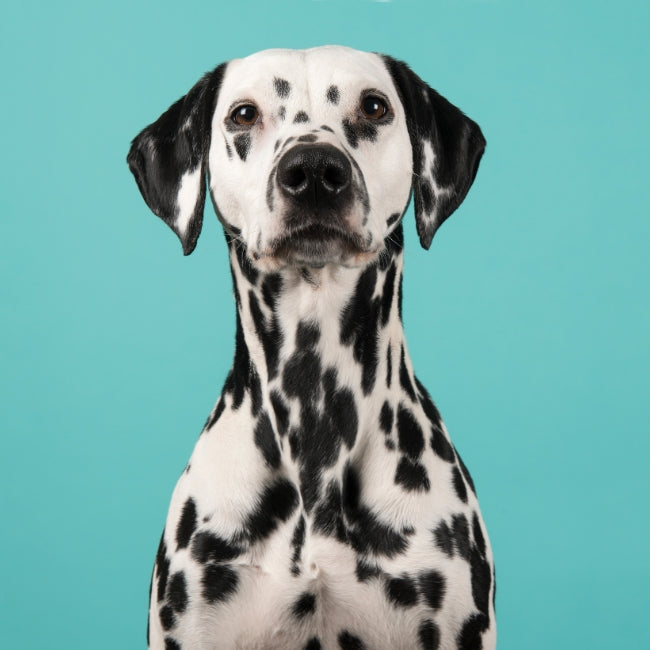



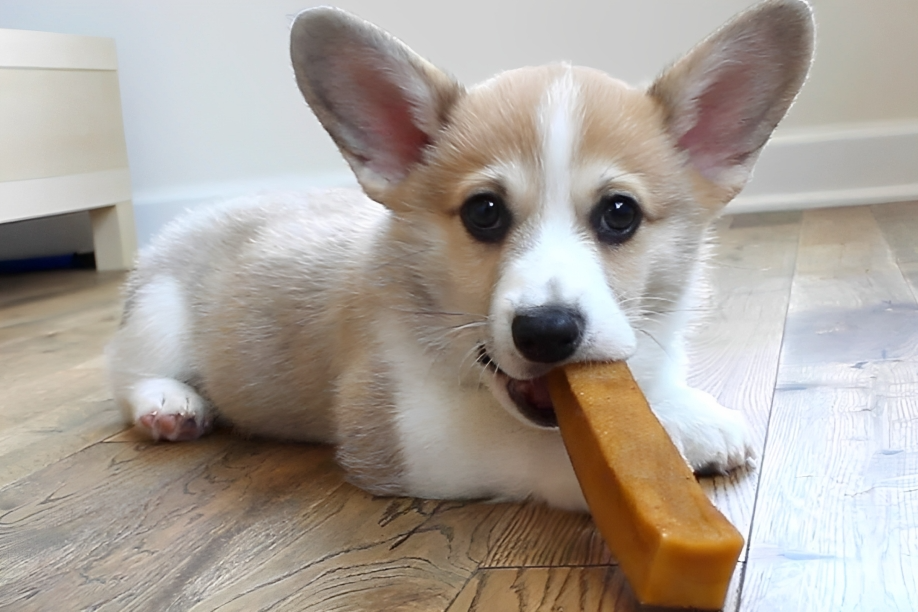
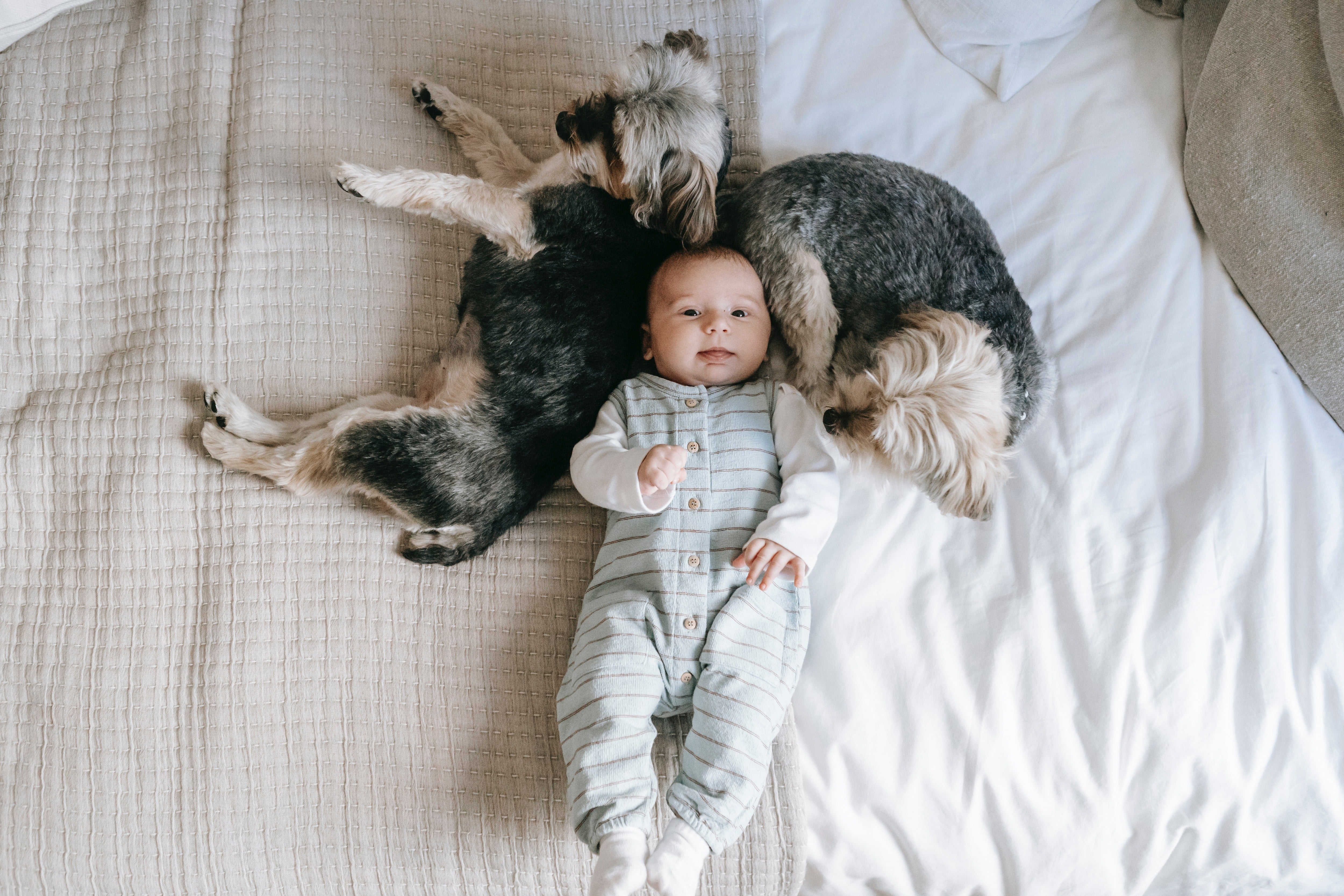
Leave a comment
All comments are moderated before being published.
This site is protected by hCaptcha and the hCaptcha Privacy Policy and Terms of Service apply.